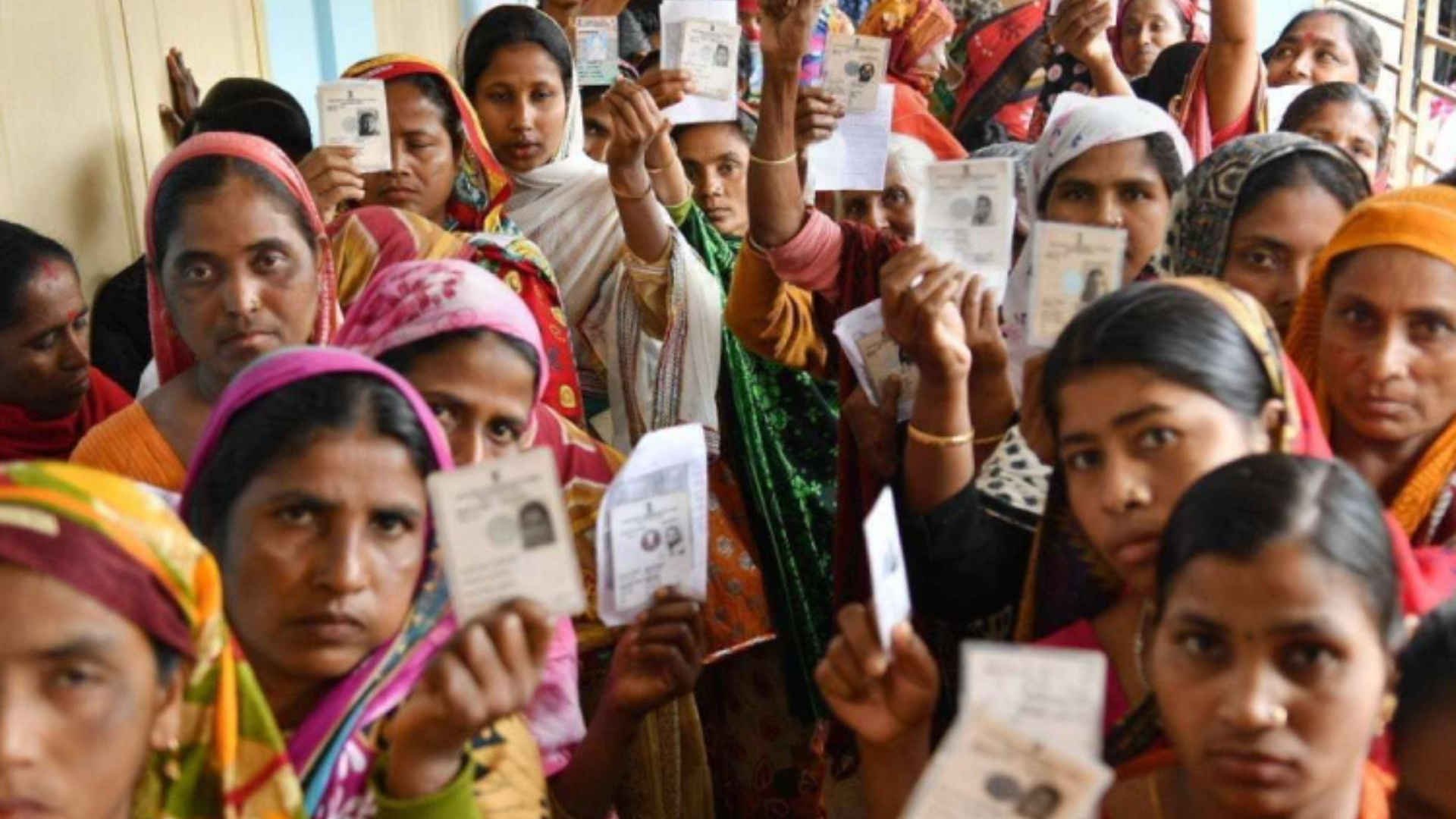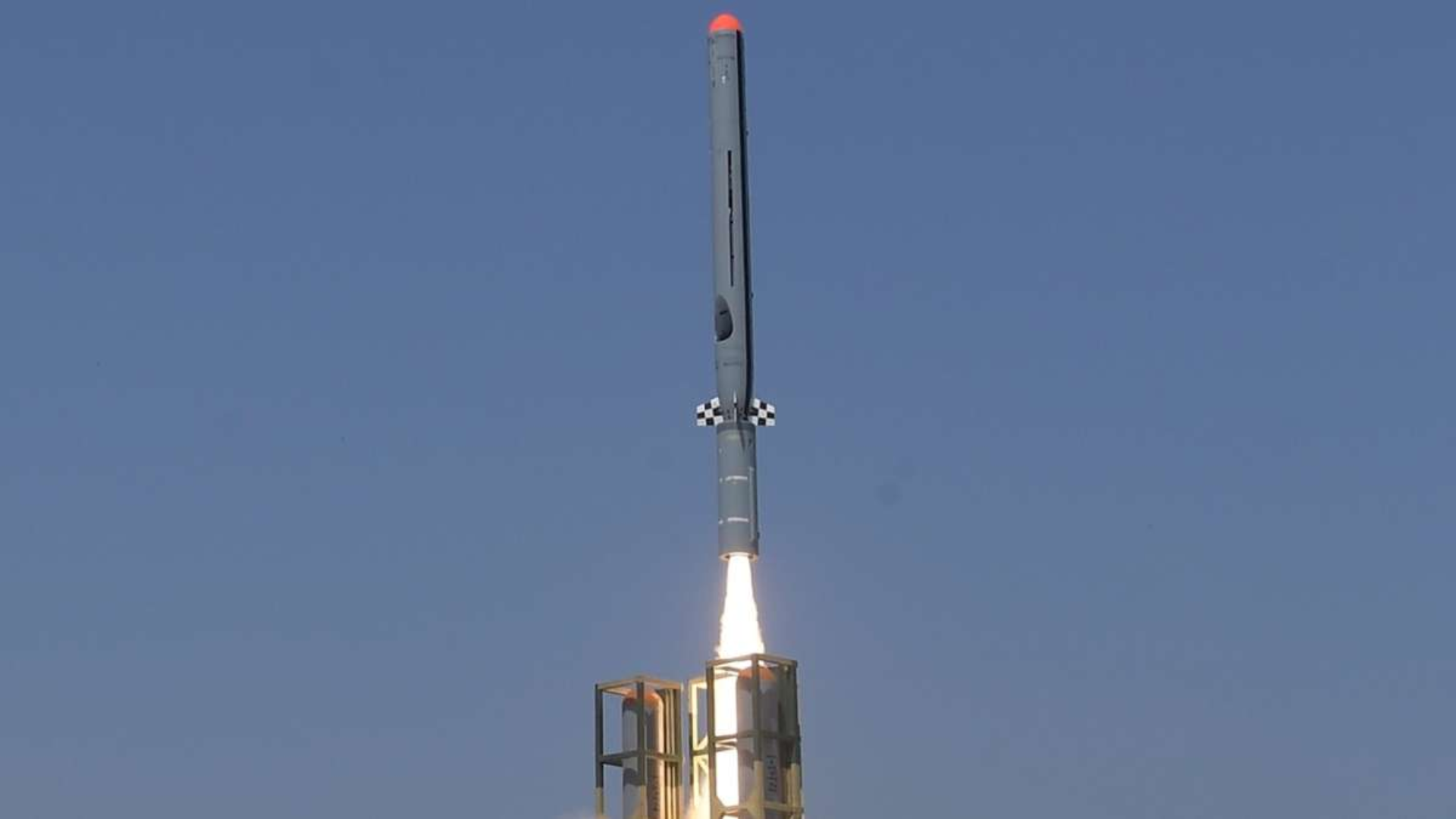


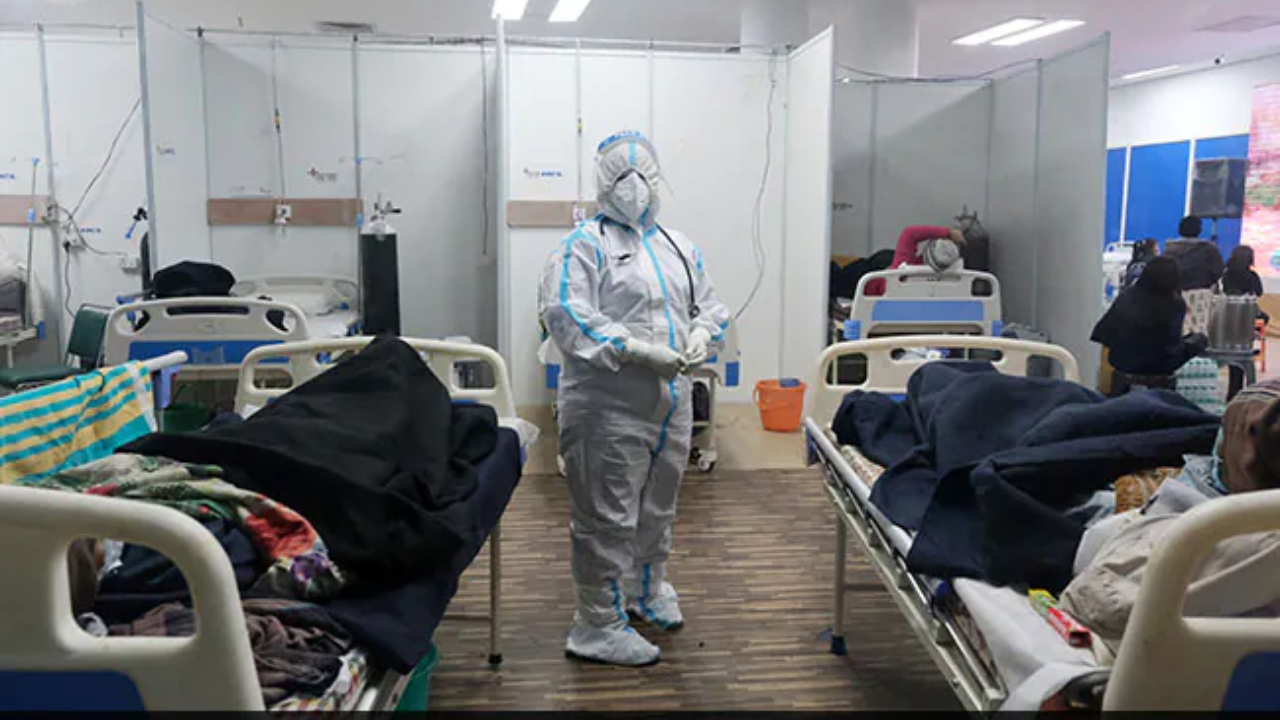
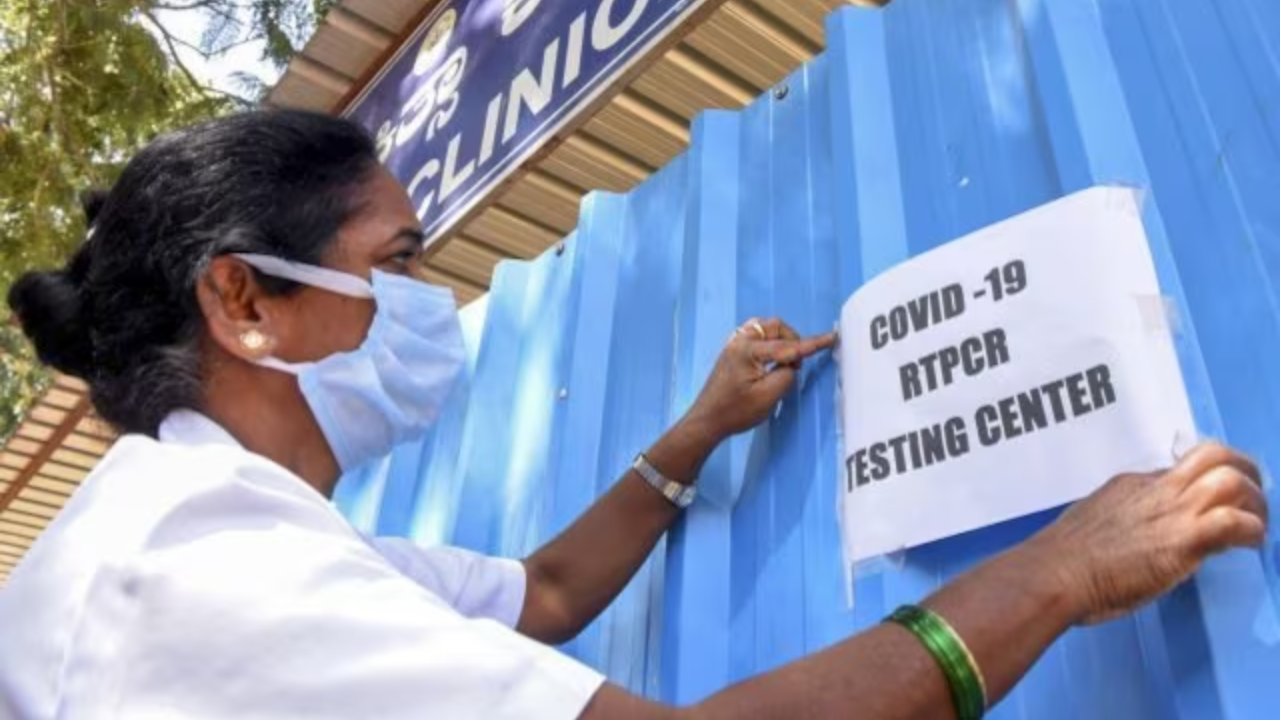


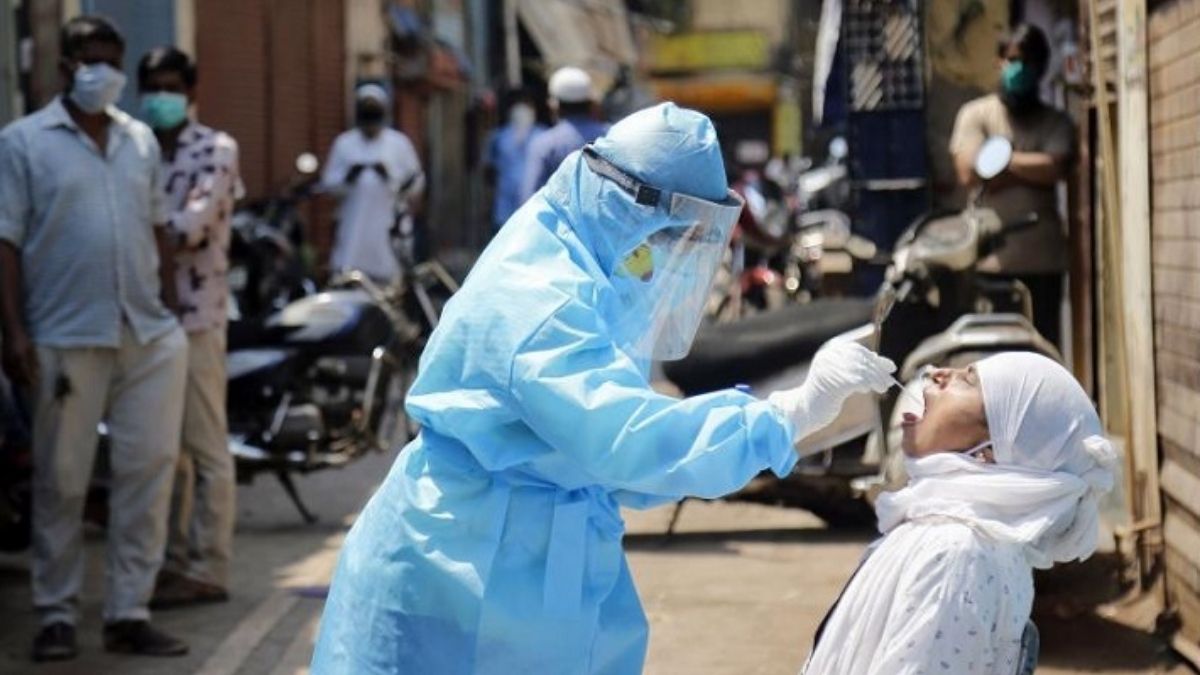
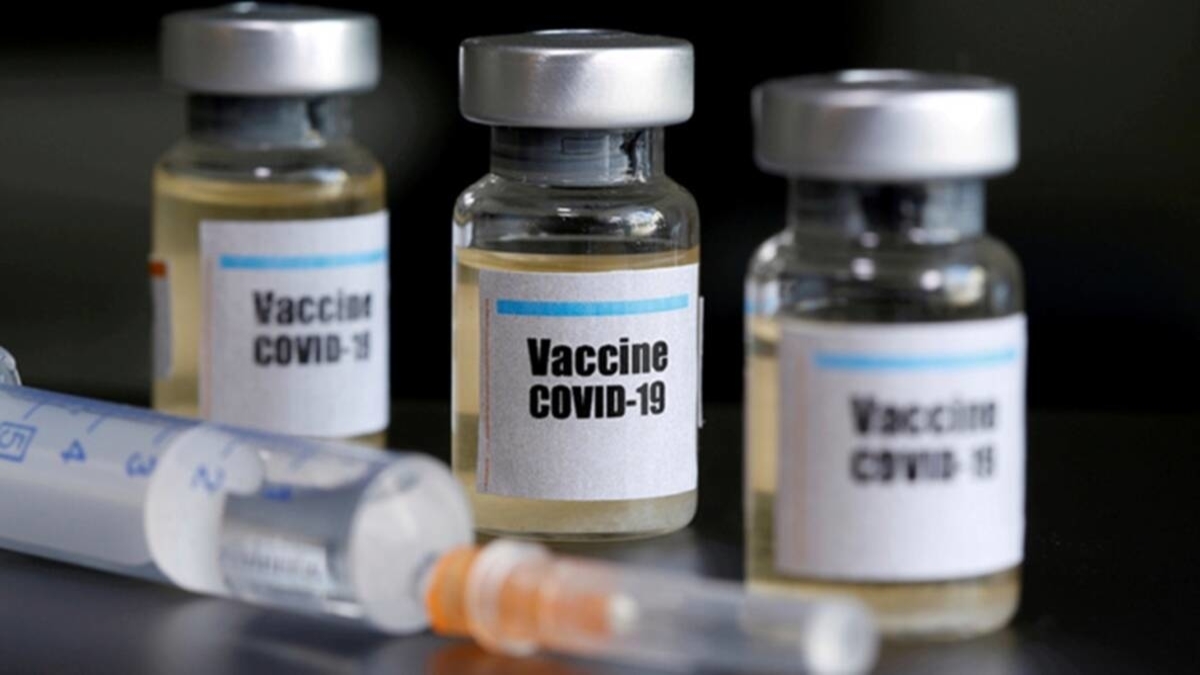
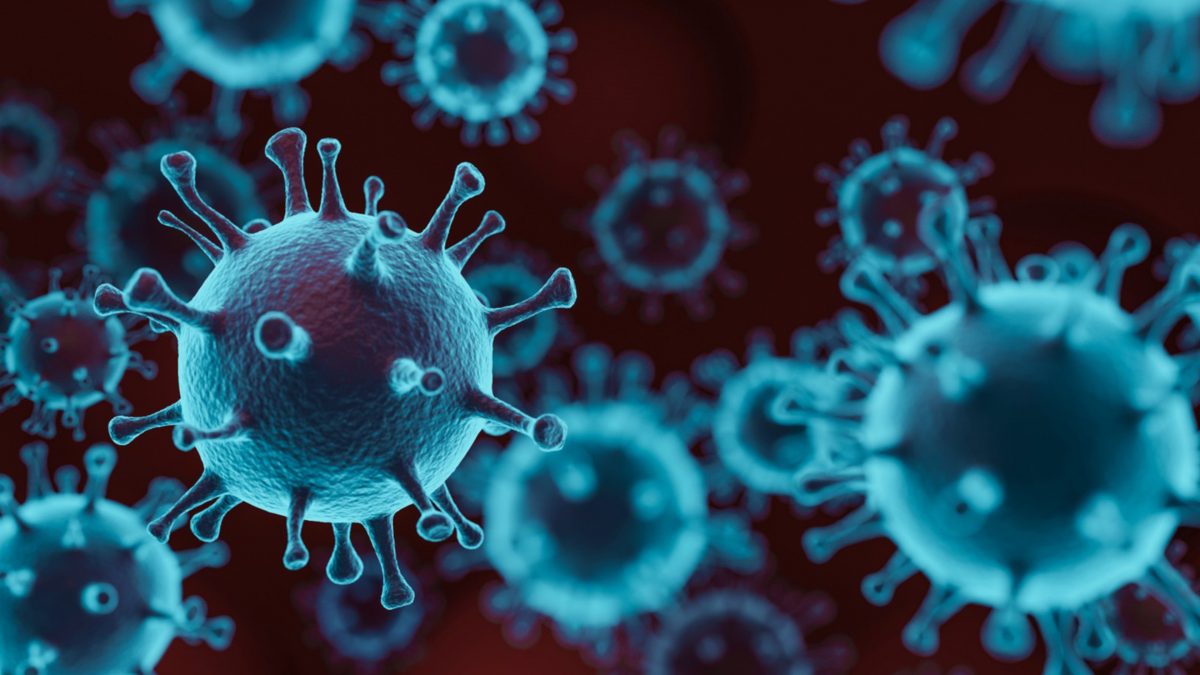
A group of researchers developed a rapid Covid-19 test that might be used to detect the numerous SARS-CoV-2 variations.
After creating CoVarScan, a rapid Covid-19 test that discovered the signs of eight hotspots on the SARS-CoV-2 virus last year, the team has already tested it on samples from over 4,000 patients.
The researchers claimed that this test can correctly distinguish between all existing SARS-CoV-2 variants and is as accurate as previous techniques for diagnosing Covid.
“Using this test, we can determine very quickly what variants are in the community and if a new variant is emerging,” said researcher Jeffrey SoRelle from the University of Texas Southwestern in the US.
“It also has implications for individual patients when we are dealing with variants that respond differently to treatments,” SoRelle added.
Compared to whole-genome sequencing, CoVarScan had 96 per cent sensitivity and 99 per cent specificity, the researchers said, in a study, published in the journal Clinical Chemistry.
It recognised and distinguished the Delta, Mu, Lambda, and Omicron variations of Covid-19, as well as the BA.2 Omicron strain, which was once referred to as “stealth Omicron” since it was not detected by several tests meant to solely identify the Omicron strain.
While there are alternative Covid-19 assays available, they often only detect tiny compounds on the surface of the virus or a portion of the SARS-CoV-2 genetic material, making it impossible to distinguish the variation.
Many scientists are also concerned that these tests may not be reliable in detecting particular variations or may fail to catch emerging strains.
Whole-genome sequencing, which is time-consuming and expensive and relies on advanced tools and analysis to spell out the whole RNA sequence contained in the viruses, is often required to identify the form of Covid-19 a patient has.
Early in 2021, SoRelle and his colleagues sought to monitor how effectively existing tests were picking up new SARS-CoV-2 strains. However, they realised that sequencing a large number of samples would not be efficient or quick, so they created their own test.
“A common critique of this kind of test is that it requires constant adjustment for new variants, but CoVarScan has not needed any adjustment in more than a year; it is still performing very well,” said SoRelle.
“In the future, if we did need to adjust it, we could easily add as many as 20 or 30 additional hotspots to the test,” he added.

